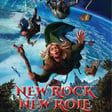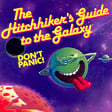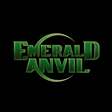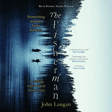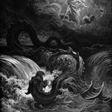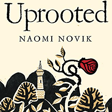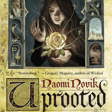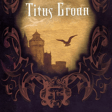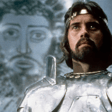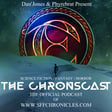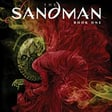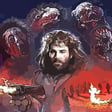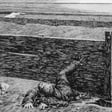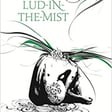
The Phoenix King with Aparna Verna
We're back! For our newest episode Pete and Dan are joined by Aparna Verna, the author of the breakout fantasy novel The Phoenix King, published by Orbit. Originally Aparna was invited onto the show to talk about Neil Gaiman's 1996 hit novel and TV show Neverwhere, but in light of the recent allegations against Gaiman, we've decided not to release that episode, though we may do so in the future as events play out.
In this interview we talk to Aparna about how the Phoenix King came to be, about its evolution, its fusion of western fantasy structures and Indian mythological frameworks, and it crosses romance, adventure and fantasy to create a new angle on centuries-old storytelling conventions. We talk about Aparna's excellent social media game, one of the contributing factors to her book's success, and her successful leveraging of crowdfunding to self-publish the original novel on which The Phoenix King is based.
Aparna Verma was born in Rajasthan, India, and grew up in the United States. She graduated from Stanford University with Honors in the Arts and a B.A. in English. In 2021, she self-published The Boy with Fire, which quickly went viral on TikTok, and was later republished by Orbit Books as The Phoenix King in 2023.
When she is not writing, Aparna likes to lift heavy (arm days are her favorite), dance to Bollywood music, and find cozy cafes to read myths from ancient worlds. You can connect with Aparna on TikTok at @aparnawrites, and Twitter and Instagram at @spirited_gal.



